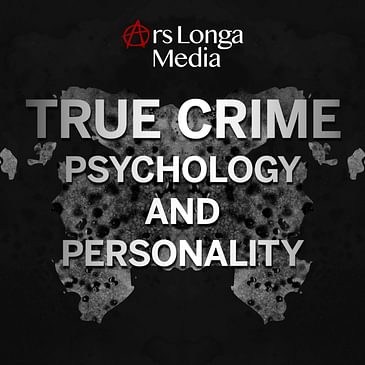True Crime Personality and Psychology
True Crime Psychology and Personality is a podcast that profiles criminal personalities, discusses personality disorders, and examines real life events from a scientifically informed perspective.
Want more mental health content? Check out our other Podcasts:
Mental Health // Demystified with Dr. Tracey Marks
Cluster B: A Look At Narcissism, Antisocial, Borderline, and Histrionic Disorders
Here, Now, Together with Rou Reynolds
Links for Dr. Grande
Produced by Ars Longa Media
Learn more at arslonga.media.
Produced by: Christopher Breitigan and Erin McCue
Executive Producer: Patrick C. Beeman, MD
Legal Stuff
The information presented in this podcast is intended for educational and entertainment purposes only and is not professional advice.
Learn more about your ad choices. Visit megaphone.fm/adchoices


